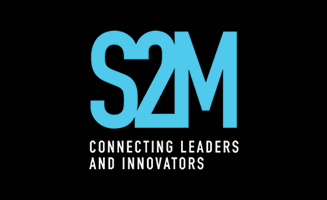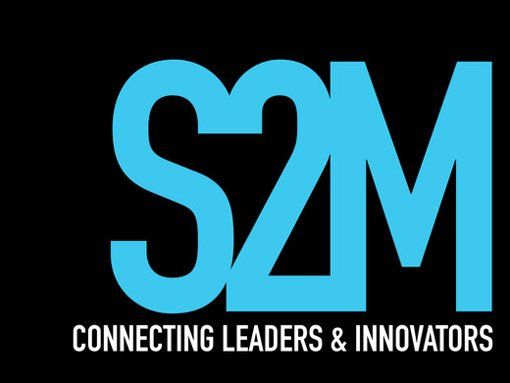Jobs VS Career: What’s the difference?
People often confuse the two terms as they are used in similar contexts. They are both heavily based around how you earn your money but it’s important to realise that they have different significances.
Jobs
People do jobs for the sole purpose of earning money. Jobs are a series of repetitive activities done over a prolonged period of time. A job may or may not require specific skills. Usually, jobs have a relatively smaller impact on your future resume because they are more focused on just getting the tasks done.
While jobs are more focused on getting tasks done, they can definitely help you prepare for your career and can be an important step in everyone’s career path.
Career
Career is heavily focused on a series of professional and insightful experiences that people gain through the various jobs that they do.
Career is all about upskilling and networking with the aim of getting a higher pay with more reputation.
It can be said that carving out a career is a long term process as it involves several elements including gaining experience, building connections, promotions, raises etc.
Which one to prioritise:
It’s crucial to take your job seriously and focus on productivity every day. However it’s important to not forget your personal and professional goals you have. Taking smaller steps such as upgrading your skills, networking with the right people and doing more than what is expected from you will help you to achieve your dream career. A simple tip would be to always remember your career goal while doing your job.
What to consider when defining your career goal
1. Consider what you enjoy doing first and whether you can put a monetary value to it.
Sometimes people have fascinating hobbies but they can’t always get paid for it. Thus, make sure you can create value through the work you’re doing. The more value you bring to the people, the more you can ask to be getting paid.
2. Analyse whether you have the skills you need to do the work you enjoy doing.
There is absolutely no point in starting a job without having any qualifications. This is why you must align your goals with your skills before starting your journey. If you don’t have the appropriate skills, remember that it’s never too late. You can still take up relevant courses and learn what’s required.
3. Define your goals and priorities and have a clear action plan about how you plan to achieve them.
Make a list of what you would like to achieve and what steps you could possibly take to achieve your goals.
If you’re looking for a career change or if you would like some career advice, feel free to reach out to our specialised recruitment consultants on moreinfo@s2m.com.au and search for more information on careers at www.s2m.com.au






